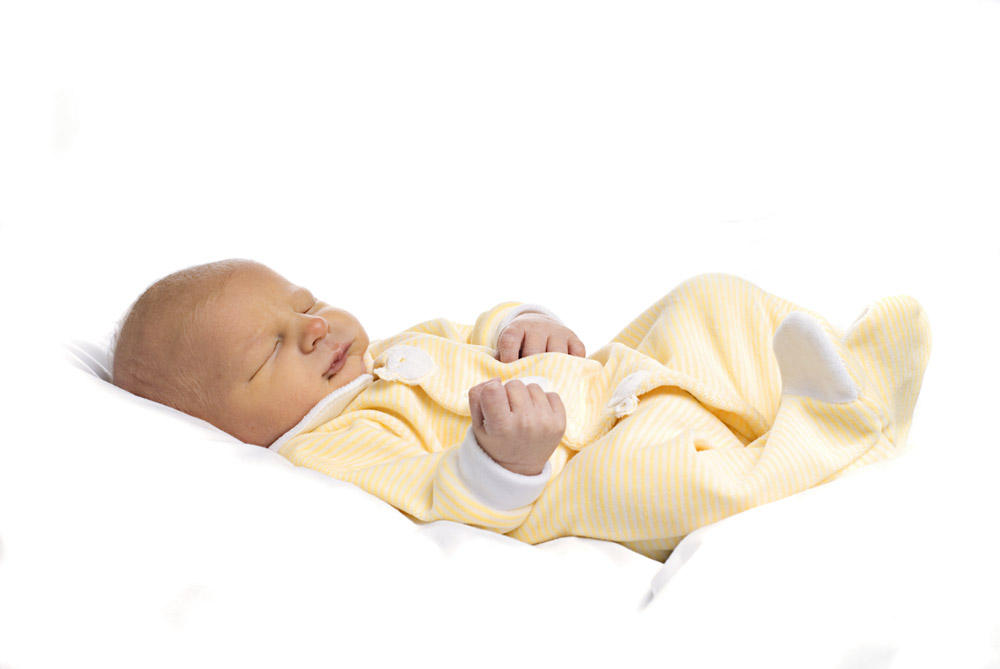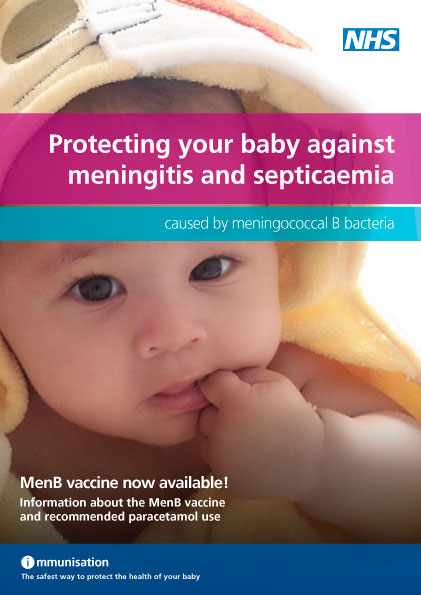We all want the best start for our children. Protecting babies and infants from illness and disease is crucial and a key priority for PHE.
Immunisations are quick, safe and effective. In England we have added to the immunisation schedule and from 1 September this year we will be leading the world in offering children protection from meningococcal group B (MenB) disease with the vaccine Bexsero.
Infection by meningococcal bacteria can be very serious and devastating, causing meningitis and septicaemia, which can lead to severe brain damage, amputations and in some cases death. It is most common in children under 5 years, and in particular babies under the age of one.
The vaccine will protect against group B meningococci which are responsible for more than 90% of meningococcal infections in young children. The vaccine will be given to babies with the other routine vaccines at two and four months of age, as part of the NHS Childhood Immunisation Programme.
In short, the vaccine will save lives and help prevent permanent disability. Parents however may have some concerns, therefore nurses and midwives - particularly health visitors and general practice nurses - have a crucial role to play in supporting and advising parents. As healthcare professionals we need to do all we can to ensure that parents/guardians are receiving clear advice about the vaccine.
The vaccine has a good safety record. However, there is an increased risk of fever when the vaccine is given alongside other immunisations, and so it is important to use paracetamol following vaccination to reduce the risk of fever.
In studies when the vaccines were given to infants without paracetamol, more than half of them developed fever. The fever peaks around six hours after vaccination but is nearly always gone within two days. The fever shows the baby’s body is responding to the vaccine, although the level of fever depends on the individual child and does not indicate how well the vaccine has worked – some infants may not develop a fever at all.
Managing fever and paracetamol use:
We know that fever in young infants may cause some parents concern, but as nursing professionals it’s our role to reassure and inform. We need to ensure parents are aware that it will be short-lived in nearly all cases (usually gone within 2 days), whilst the vaccine will go on to help protect against MenB disease during a period when they are most at risk.
We’ve all too often seen the disease leave babies and children with severe disabilities, or tragically result in death causing devastation to our families and communities.
The good news is that giving paracetamol reduces the chances of getting fever by more than a half, and nearly all these fevers are mild. Paracetamol also reduces the risk of irritability and discomfort (such as pain at the injection site) after vaccination. Parents need to be aware of the need to purchase infant liquid paracetamol for the two and four month appointment visits.
For the first year of the programme in England, a single sachet of paracetamol oral suspension with a measuring syringe will be available for each child if they do not already have paracetamol at home – the sachets can be ordered alongside the vaccine.
Our role in ensuring a successful implementation:
As nurses and midwives, it’s our duty to ensure parents have the information they need to anticipate and manage possible fever, whilst also knowing when to seek further advice if
needed. Health visitors and general practice nurses are well placed to promote the vaccine and allay any parental anxiety. This is crucial for the successful implementation of the programme.
- Parents need to be aware of the need to purchase infant liquid paracetamol for the two and four month appointment visits.
- We should direct parents to information on MenB vaccination before their two month vaccination appointment, wherever this is possible, and specifically the advice on the use of paracetamol following vaccination. Opportunities for us to provide this information include, for example with the issue of two month appointment letters, health visitor appointments following birth and the infant six to eight week check.
- The advice should then be reinforced by health professionals during the infant’s routine immunisation appointment, with written information on paracetamol dosage and timings supplied at that time.
Patient information and training resources to assist with these communications have been made available on GOV.UK.
Finally, thank you for the important contribution you are making in allowing England to deliver a world-class childhood immunisation programme, which we continue to see develop and improve.
Image: © Copyright image. Please do not reproduce.


